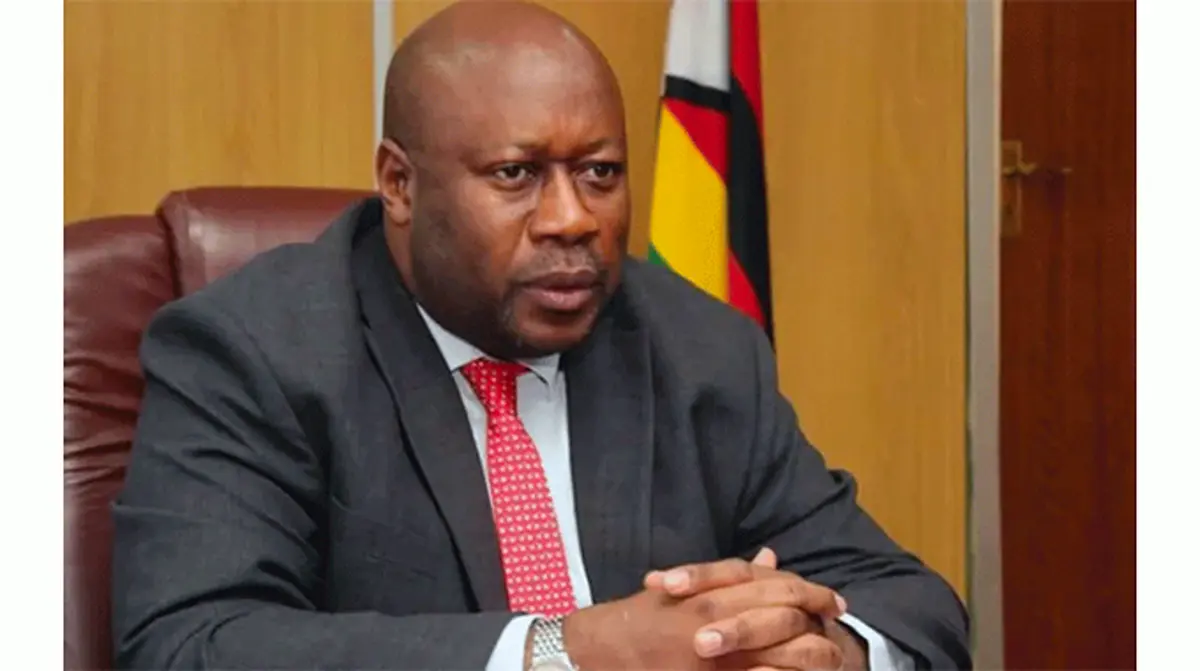A MASSIVE undertaking has been launched by the Government in collaboration with Chinese mining firm, Palm River Energy, and Metallurgical Special Economic Zone to develop a US$3,6 billion energy industrial park in Beitbridge.
The project, located 20km west of Beitbridge town, seeks to introduce the production of stainless steel.
The energy and steelworks initiative has already employed 400 local workers in its first year, with the expectation that it will ultimately employ 2 000 people once it becomes fully operational.
The establishment of the park as an integrated mining and energy hub follows discussions between the chairman of Palm River Energy, Mr Xong Xi Dong, and President Mnangagwa.
The project will cover 5 100 hectares within a Special Economic Zone and is expected to make substantial contributions to Zimbabwe’s mining and energy sectors.
The first phase of the project is being carried out through a joint venture between the Government, Xintai Resources and Tuli Coal.
The park comprises a coking plant that will have an annual capacity of producing one million tonnes of coke, a ferro-chrome smelting plant that will produce 100 000 tonnes of high-carbon ferro-chrome and a 1 200MW coal-fired thermal power plant.
Any surplus electricity will be transmitted to the national grid, while the ferro-chrome plant will facilitate the production of special and stainless steel and castings.
Coal supply to the project will be obtained from Tuli Coal Mine and, in line with plans to export coal products to international markets, will yield significant foreign currency earnings.
The mining sector’s role in Zimbabwe’s economy cannot be overemphasised, representing over 60 percent of the country’s export receipts and attracting more than 50 percent of foreign direct investment (FDI).
It also contributes 13 percent to the national GDP, creating more business opportunities downstream, and generating tax revenue for the Government.
Speaking after a weekend tour of the project, Mines and Mining Development Minister Winston Chitando praised President Mnangagwa for securing capital and actively monitoring the project’s progress, with the company’s chairman visiting Zimbabwe multiple times over the past year to provide updates.
“This project exemplifies the success of the Second Republic’s ‘Zimbabwe is open for business’ mantra. The initial phase focuses on thermal power production with 50MW in the first stage, followed by an additional 50MW in the second stage,” he said.
“The implementation of this project was preceded by meetings between the chairman of the investing company Mr Zhou Xudong and His Excellency, President Mnangagwa, who then gave the go-ahead for the project to be implemented as an integrated mining and energy park.”
Minister Chitando said the second stage will see the production of coke where there will be a feed of coking coal from Tuli Coal Mine and Hwange, as part of the value addition programme.
He commended the investors for their environmental consciousness by incorporating closed arc furnaces, which will reduce emissions while using gases from the plant to generate electricity.
“This innovation illustrates a responsible approach to production that should be emulated by other high-carbon ferro-chrome producers,” said Minister Chitando.
He urged other high-carbon ferro-chrome producers to contribute towards the production of electricity.
“One of the largest consumers of electricity in the country are high-carbon ferro-chrome producers. Taking into account the state of the electricity industry in the country, our partner saw it prudent to produce electricity,” he said.
“This illustrates a culture and attitude that has to be encouraged to other high-carbon ferro-chrome producers. We urge them to come on board and produce electricity. The company has also introduced closed arc furnaces, which to a large extent will be the first of such technology in Zimbabwe.”
Minister of State for Matabeleland South Provincial Affairs and Devolution Dr Evelyn Ndlovu, who was part of the tour, stressed the transformative impact of the project on the province’s economy.
“This project will transform Beitbridge District and the entire Matabeleland South Province won’t be the same again. This is a massive project which involves mining, energy production and value addition,” she said.
Dr Ndlovu said locals would also benefit from a skills development programme which will be held in partnership with the Harare Institute of Technology.
“I’m also impressed that this project will give birth to a small township where we will have low-density, high-density and medium-density suburbs for the people that will be staying here. This project will increase the GDP of the province,” she said.
In 2018, President Mnangagwa declared Beitbridge town a Special Economic Zone as part of the Second Republic’s drive to attract more investment under the “Zimbabwe is open for business” policy.
The Government’s adoption of the SEZ model aims to enhance FDI and improve local business viability, leading to increased employment and economic growth in targeted areas.

For comments, Feedback and Opinions do get in touch with our editor on WhatsApp: +44 7949 297606.
